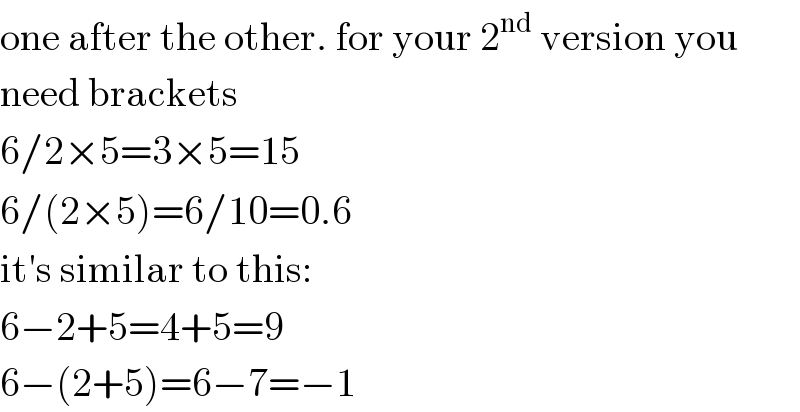
Question and Answers Forum
Question Number 56243 by Kunal12588 last updated on 12/Mar/19

Answered by MJS last updated on 12/Mar/19

Commented by Kunal12588 last updated on 12/Mar/19

Commented by Kunal12588 last updated on 12/Mar/19

Commented by MJS last updated on 12/Mar/19

Commented by Kunal12588 last updated on 13/Mar/19

